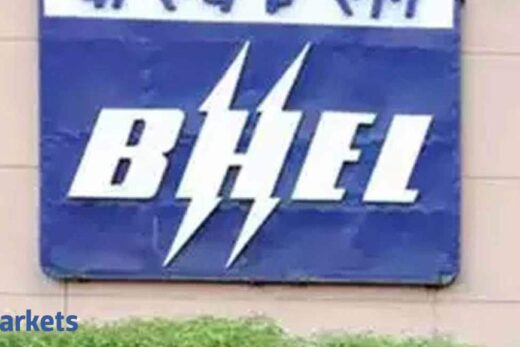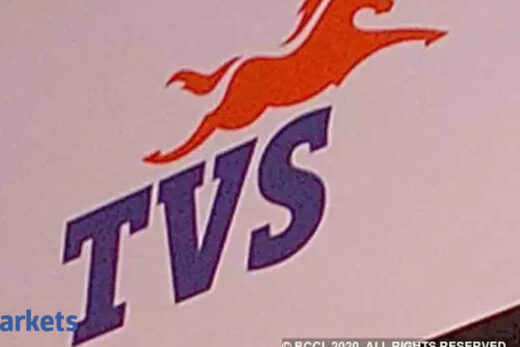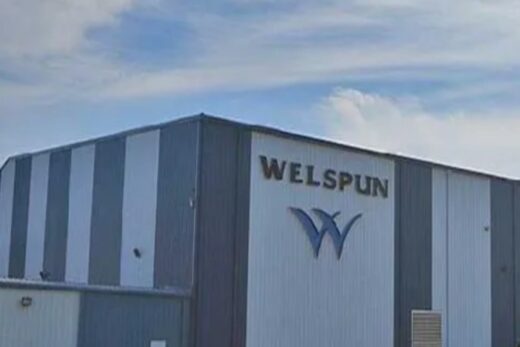The company’s consolidated total revenue from operations surged 141 per cent year-on-year to Rs. 1,974.30 crore for the reported quarter, which was higher than analysts’ estimate.
The surge in revenues of the company is largely on account of a depressed base in the year-ago quarter, which was affected by the national lockdown to contain the spread of COVID-19 infections.
On a sequential basis, however, the company’s performance was affected by the second wave of the COVID-19 pandemic. Revenue from operations in the quarter declined 33 per cent on quarter as demand was hit because of localized lockdowns to contain the virus.
Eicher Motors said that Royal Enfield ended the quarter with its best-ever performance in international markets with total exports at 17,493 units, up 400 per cent over last year, which also boosted the topline.
“We continue to believe in our strong business fundamentals and are positive about the long-term prospects and performance of both Royal Enfield and Volvo Eicher,” said Managing Director Siddhartha Lal in a press statement.
Worryingly, though, Lal warned that the shortage of semi-conductors is likely to weigh on production in the September quarter and for the rest of 2021-22. “Constraints on account of local and global supply chain disruptions continue to impact us, but we are working closely with our suppliers to quickly resolve them,” said Royal Enfield’s Chief Executive Officer Vinod Dasari.
The commercial vehicle joint venture with Volvo also had a strong quarter as sales jumped 156 per cent year-on-year to Rs. 1,639 crore. While the JV managed to report an operating profit for the June quarter, it saw a net loss of Rs. 72 crore. In the year-ago quarter, it had reported a net loss of Rs. 120 crore.
Shares of the company ended 4 per cent lower at Rs. 2,610.75 on the National Stock Exchange.



